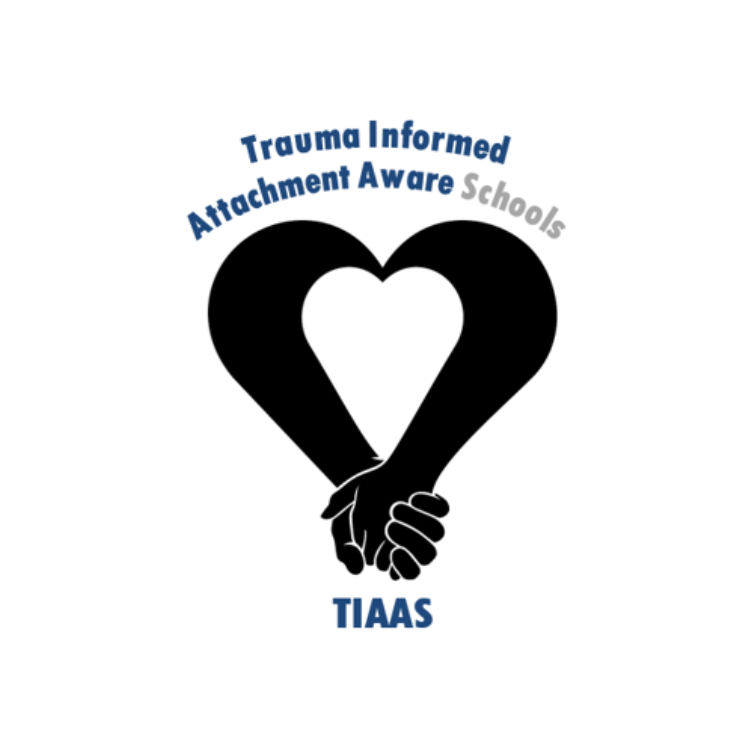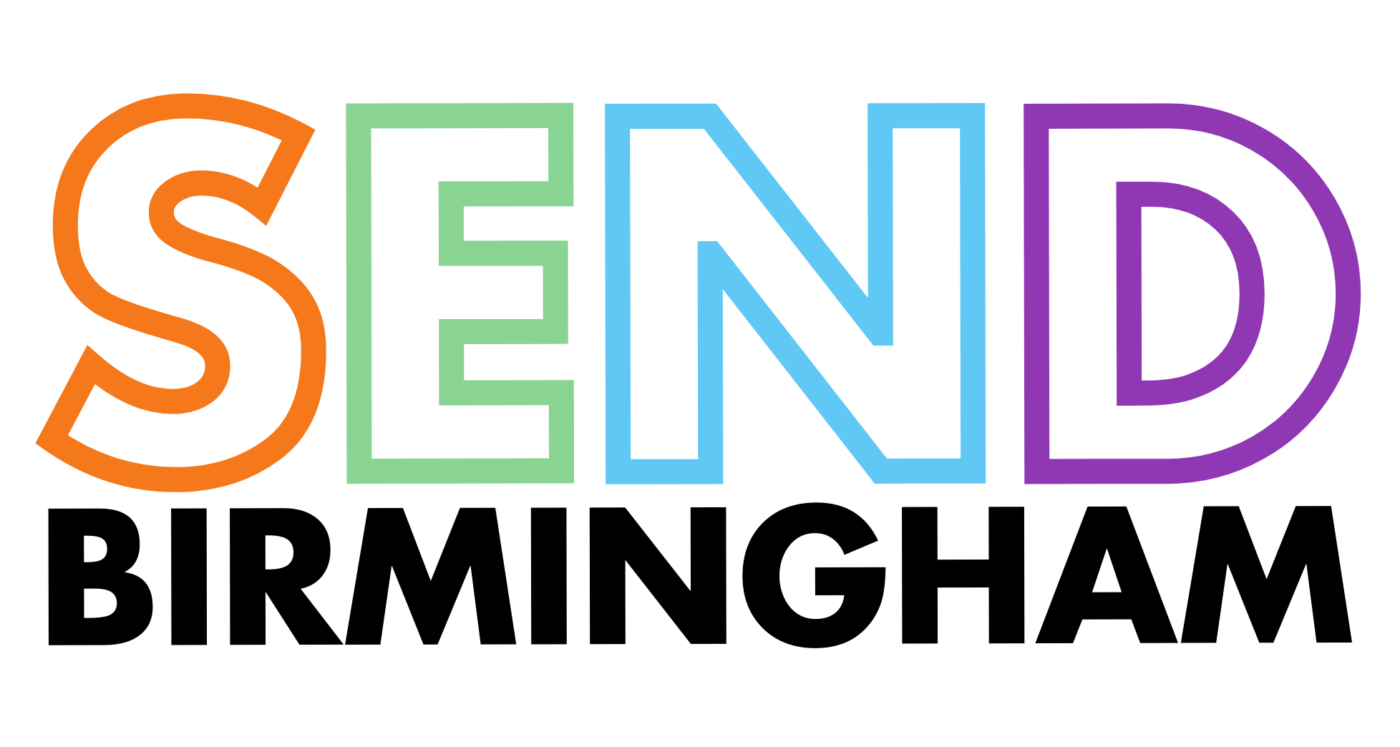City-wide Initiatives
Emotional Literacy Support Assistance (ELSA)

ELSA stands for Emotional Literacy Support Assistant. ELSAs are school support staff (teaching assistants and/or learning mentors) who have undergone the ‘ELSA’ programme of training by Educational Psychologists to support the emotional development of children and young people in schools.
The ELSA programme has been widely adopted as an evidence-based early intervention for children and young people in over 100 local authorities in the UK. ELSAs attend training days and group supervision sessions led by the Educational Psychology Service. They will be trained to plan and deliver individualised programmes of support for children to develop their emotional literacy, including:
- Awareness of own and other people’s emotions
- Management of stress, grief, anger and conflict
- Development of social interaction skills
- Promotion of a realistic self-concept and self-esteem
ELSAs will also be able to plan and deliver support to small groups of children to support the development of social and friendship skills. ELSA provision within schools can help lower exclusion rates, promote emotional well-being and improve academic outcomes.
ELSA training runs in the Spring Term each academic year, with places being released in the Autumn Term.
If you would like any further information on ELSA, please email ELSA@birmingham.gov.uk
Trauma Informed Attachment Aware Schools (TIAAS)

This whole-school training package will support schools on a Trauma and Attachment Awareness journey, which will equip staff with new knowledge, enabling them to develop ‘trauma-informed practice’. Based on internationally validated discoveries in neuroscience, this approach enables staff to notice, improve and value their skills in establishing brain-building relationships with children and young people.
An Attachment Aware School is a place where resilience is promoted and where the most vulnerable children are able to recover from trauma. This whole-school programme of support will help schools to progress on their journey to becoming a Trauma Informed Attachment Aware school. Through participating in this programme, staff are equipped with new knowledge and skills which enable them to apply trauma and attachment aware strategies in school.
The approaches used in this programme are based upon current and up to date theory and research in this important area of child development. Evidence suggests that attachment awareness in adults can lead to increased self-regulation in children (and adults). The capacity to self-regulate underpins emotional well-being and mental health, and enables the development of cognitive skills and learning.
A key element within the programme is Emotion Coaching. This is an evidence-based whole-school approach towards responding to children’s emotions. It is a way of interacting with children and young people, and promoting positive relationships. Emotion Coaching helps children to become more aware of their emotions and to manage their own feelings, particularly when children are experiencing strong emotions.
The Trauma Informed Attachment Aware Schools (TIAAS) programme involves:
- whole staff training and access to further training or workshops for groups of staff with different roles within school and parents/carers
- ongoing access to network meetings and CPD opportunities with other schools doing TIAAS, to support with implementation of these approaches over time
- Educational Psychologists supporting your school to embed these approaches through providing consultation and action planning with your Senior Leadership Team
- becoming a part of the Attachment Research Community (ARC) and using the ARC Audit tool to measure your school’s progress over time
- opportunity to work towards Bronze, Silver and Gold TIAAS certification to recognise and celebrate your school’s progress on this journey
Get in touch
For more information about how your setting can get involved, contact the TIAAS team at: TIAAS@birmingham.gov.uk
Video Interactive Guidance (VIG)
The following animation explains more about Video Interaction Guidance (VIG) and was produced by Kent Educational Psychology Service.
VIG is an evidence-based intervention that uses video clips to enhance communication within relationships.
The approach has been used successfully in a wide range of settings (including early years settings, schools, and families) around the world.
VIG is available to anyone who would benefit from improved relationships. In families, this can be parents and children. In schools, this can be school staff and pupils.
We are also able to deliver VIG remotely using video technology.
How can VIG help?
VIG will highlight the strengths in relationships that already exist, and then support those involved to build upon these strengths.
VIG actively engages those involved in the process. The use of video also allows the individual to see themselves communicating effectively. This can be very empowering and motivating.
For more information, please contact your setting’s visiting EP.
Video Enhanced Reflective Practice (VERP)
Video Enhanced Reflective Practice (VERP) is a strengths-based CPD approach that enhances the reflective practice of teachers and improves the emotional and social well-being of pupils.
VERP supports staff to enhance their communication and interaction skills. Staff will receive training on the importance of attuned interactions for emotional well-being and learning, and through the use of a video as a reflective tool, staff are supported to:
- Set and work on their own goals
- Identify their strengths
- Learn from what is going well
- Encourage and learn from peers
VERP is delivered by educational psychologists trained in Video Interaction Guidance (VIG), which is an evidence-based intervention that develops communication and interaction within relationships. Originally developed for use with parents and children, VIG has been used successfully in a wide range of settings around the world.
For more information, please contact your setting’s visiting EP.

